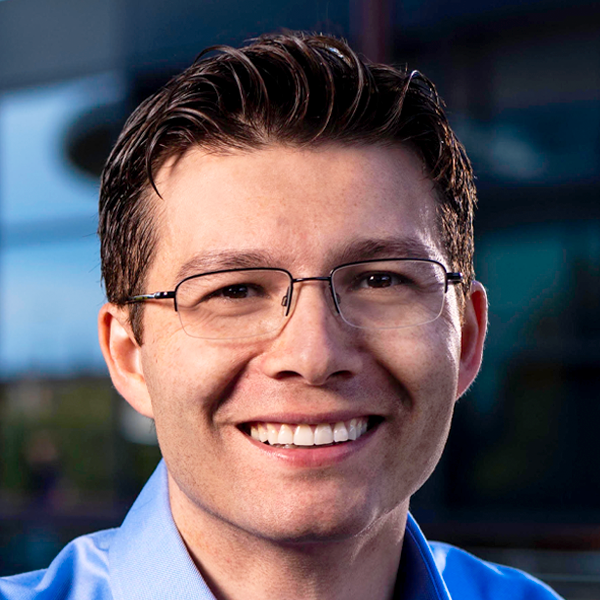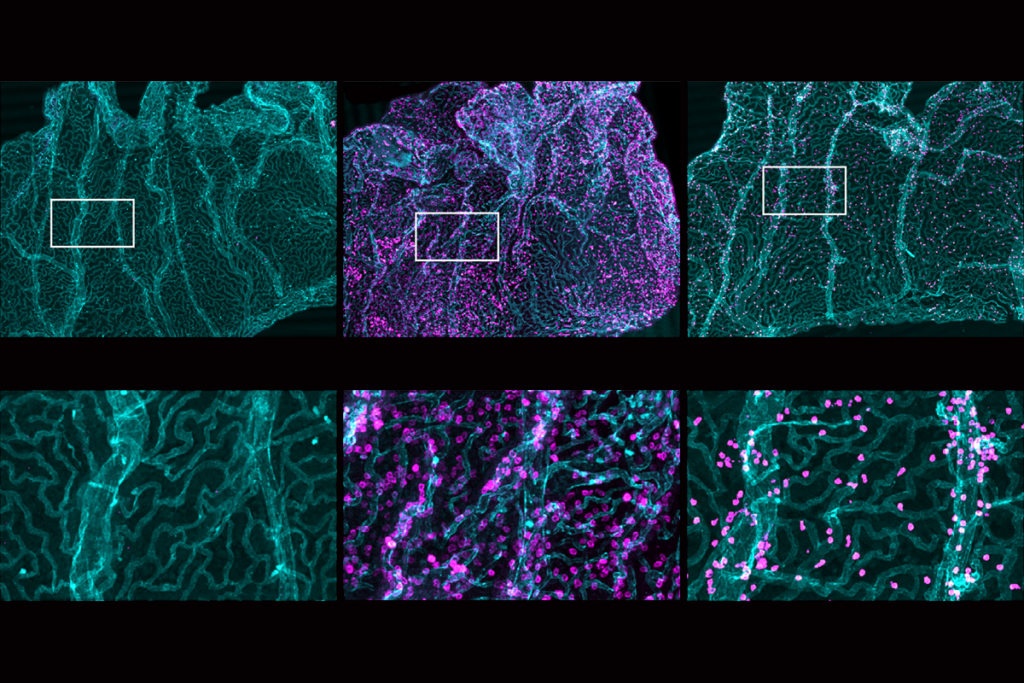Sergiu P. Pasca is Kenneth T. Norris, Jr. Endowed Professor in Psychiatry and Behavioral Sciences at Stanford University, where he also serves as Uytengsu Family Founding Director of the Stanford Brain Organogenesis Program. Pasca’s work focuses on deciphering the principles of human brain assembly and disease mechanisms.
He was born and raised in Romania, where he trained as a medical doctor; his early work combined biochemistry and genetics to study autism. He continued at the Max Planck Institute, examining gamma oscillations in visual processing, and then as postdoctoral fellow at Stanford, where he developed some of the initial models of neuropsychiatric disorder studies using stem cells.
His lab introduced early on the use of instructive signals for reproducibly deriving self-organizing organoids that resemble regions of the human nervous system; he then pioneered the first assembloids to study migration and neural circuit formation and developed integrated human circuits in living animals following transplantation. Through these models, Pasca has advanced our understanding of human physiology, evolution and disease, and proposed new therapeutic strategies. He has played a pivotal role in supporting global research communities through open educational courses and catalyzed collaborative efforts to standardize nomenclature and quality controls in the field.
Pasca was named a Visionary in Medicine and Science by The New York Times. He is a Knight of the Order of Merit and a Doctor Honoris Causa. He was featured as a physician-scientist by Nature Medicine and was a TED 2022 speaker. He is the recipient of the Vilcek Award for Creative Promise in Biomedical Science (2018), the NIMH BRAINS Award (2015), the MQ Award for Transforming Mental Health (2014), the A.E. Bennett Award in Biological Psychiatry (2018), the Jordi Folch-Pi Neurochemistry Award (2017), the Günter Blobel Early Career Award for Cell Biology (2018), the Daniel H. Efron Research Award in Neuropsychopharmacology (2018), the Schizophrenia International Research Society Basic Research Award (2021), the Joseph Altman Award in Developmental Neuroscience (2021), the Theodore Reich Young Investigator Award (2021), the Judson Daland Prize in Clinical Investigation from the American Philosophical Society (2021), the IBRO-Dargut and Milena Kemali International Prize for Research in the Field of Basic and Clinical Neurosciences (2022), the CINP Sumitomo/Sunovion Award (2023), the International Society for Stem Cell Research Momentum Award (2024), the Eva Killam Research Award (2024) and the Schaller Prize in Translational Neuroscience (2024).


